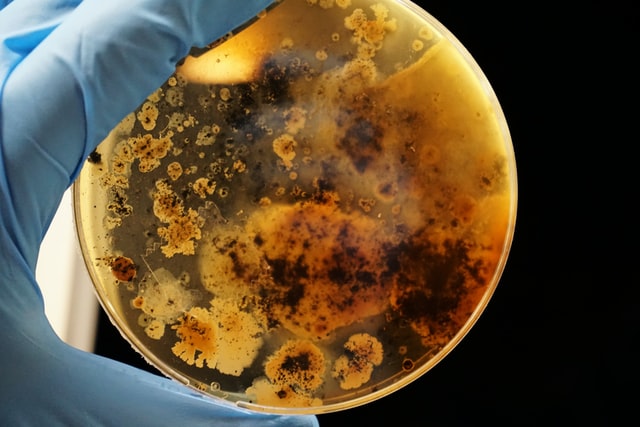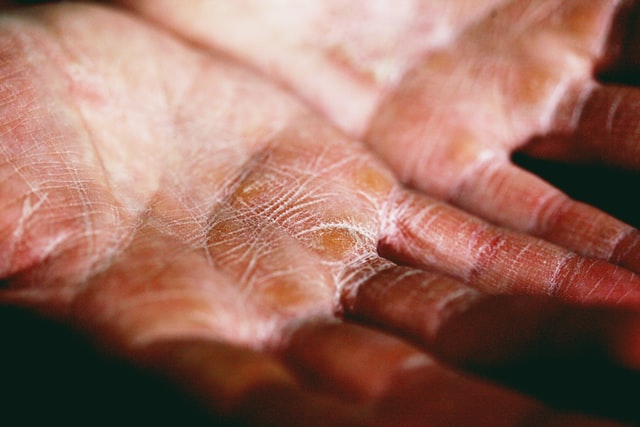Importance of blood count (CBC) for biology students
Also called a complete blood count, the blood count is a blood test that is often referred to by the acronym “CBC”. It is a biological examination making it possible to count the blood elements. It makes it possible to quantify red blood cells, platelets and white blood cells, but also to evaluate certain parameters such as …
Importance of blood count (CBC) for biology students Read More »


